Africa: A Small Ideological Group
Can the Catholic Church's teachings on homosexuality reconcile with modern cultural shifts? This episode, featuring Michael Hichborn of the Lepanto Institute, grapples with Pope Francis's remarks on African bishops, the complex tapestry of church doctrine, cultural undercurrents, and the quest for ecclesiastical unity. As we unpack the church's traditional views and the burgeoning debates on same-sex blessings, our listeners are invited to a conversation that questions the intersection of identity politics, scriptural doctrine, and the spiritual health of prosperous societies.
Today's family structure is a far cry from traditional Christian perspectives, but what can we learn from examining these established roles? We explore the significance of each family member's role, drawing parallels with the Holy Family and the Holy Trinity, and debate modern attitudes toward career prioritization over family life. Michael's insights shine a light on these foundational elements, raising poignant questions on the emptiness that might accompany life choices that deviate from the innate human desire to create a family.
Join us for a thought-provoking journey through the realms of creationism, evolution, and the intersection of science and faith. From challenging the mainstream narratives on human origins to discussing the implications of the moon landing and extraterrestrial life, this episode is a rich exchange of ideas that traverses the delicate relationship between religious beliefs and scientific skepticism. Don't miss the insightful contributions from our esteemed guest, Michael Hichborn, and stay tuned for future deep dives into scriptural texts and the support for Michael's work at the Lepanto Institute.


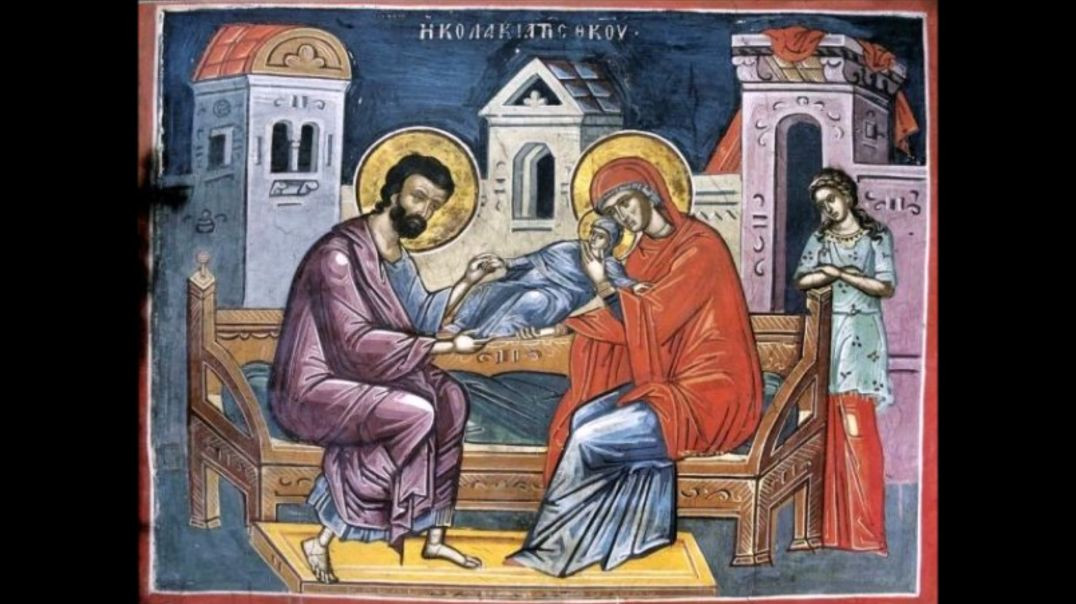
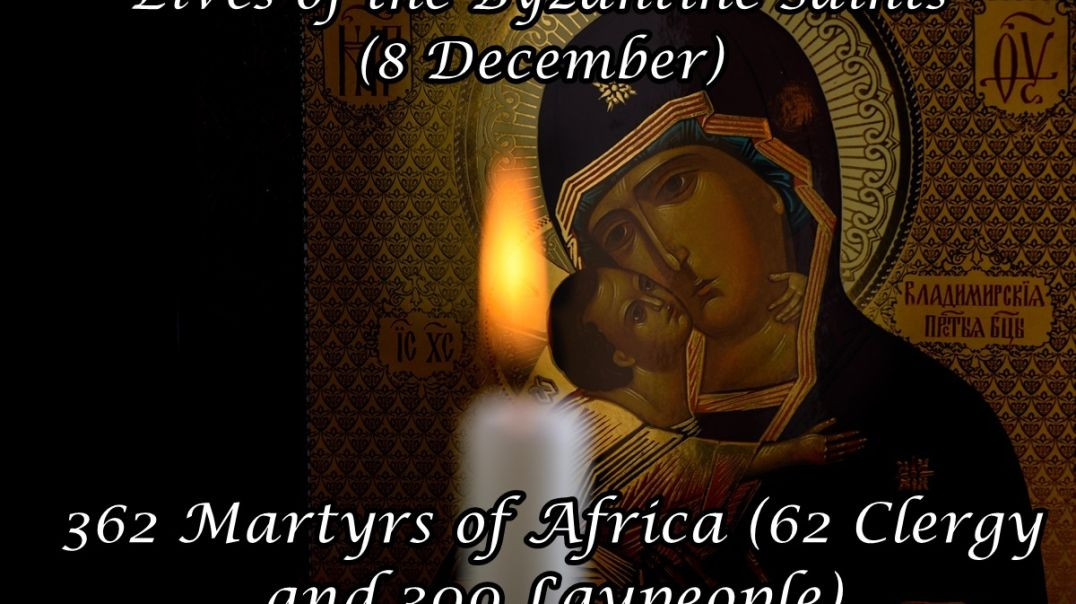
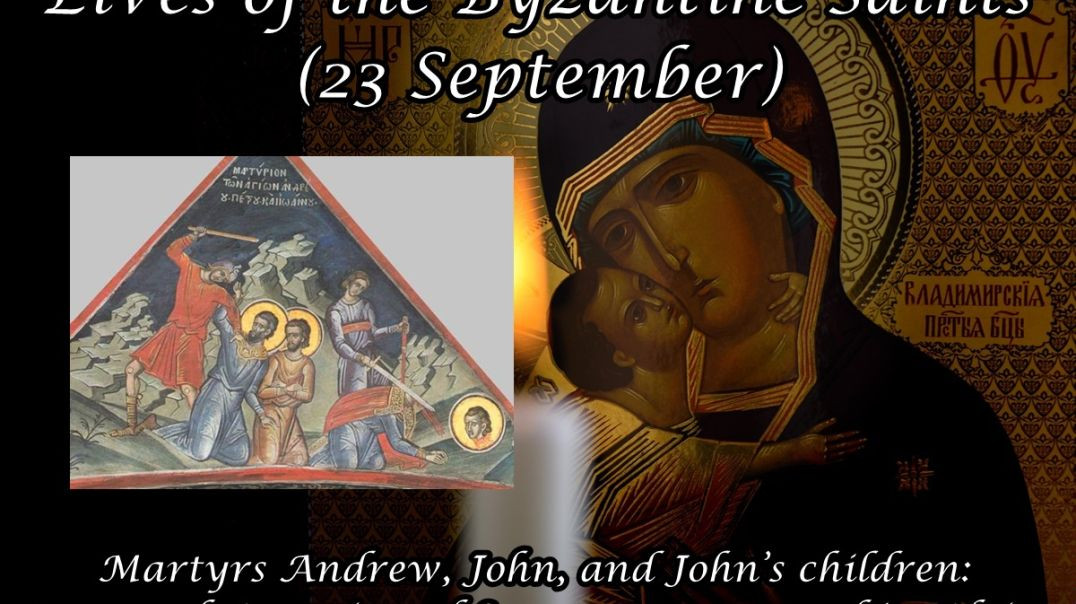
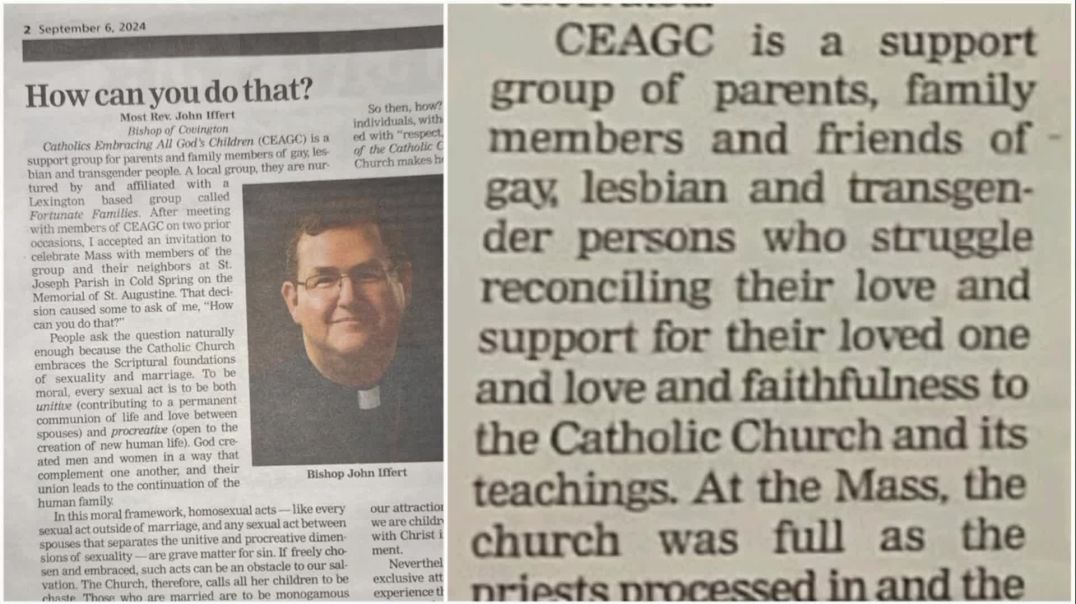

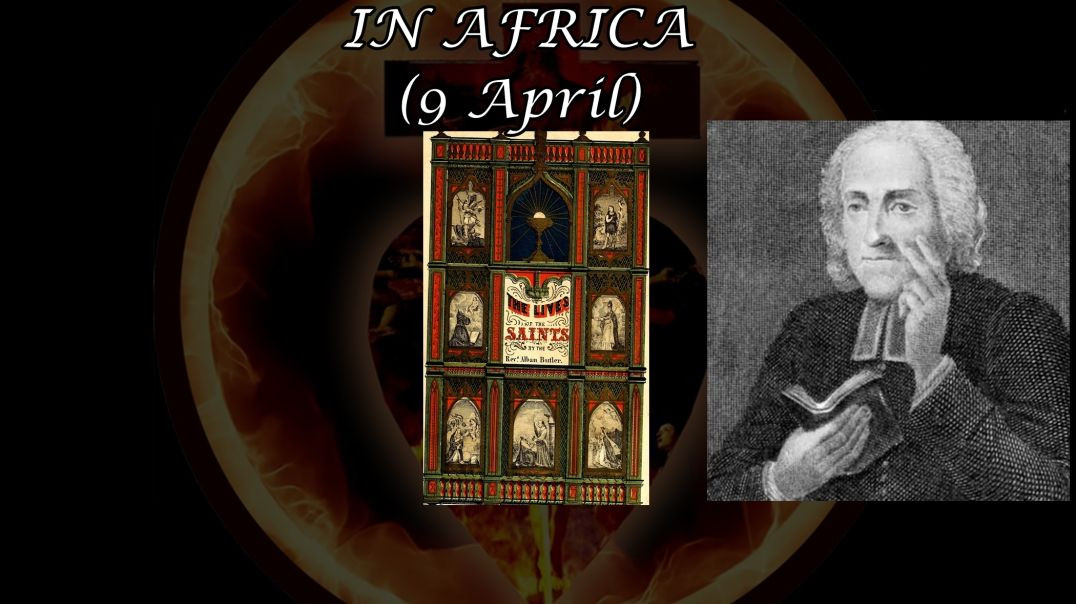
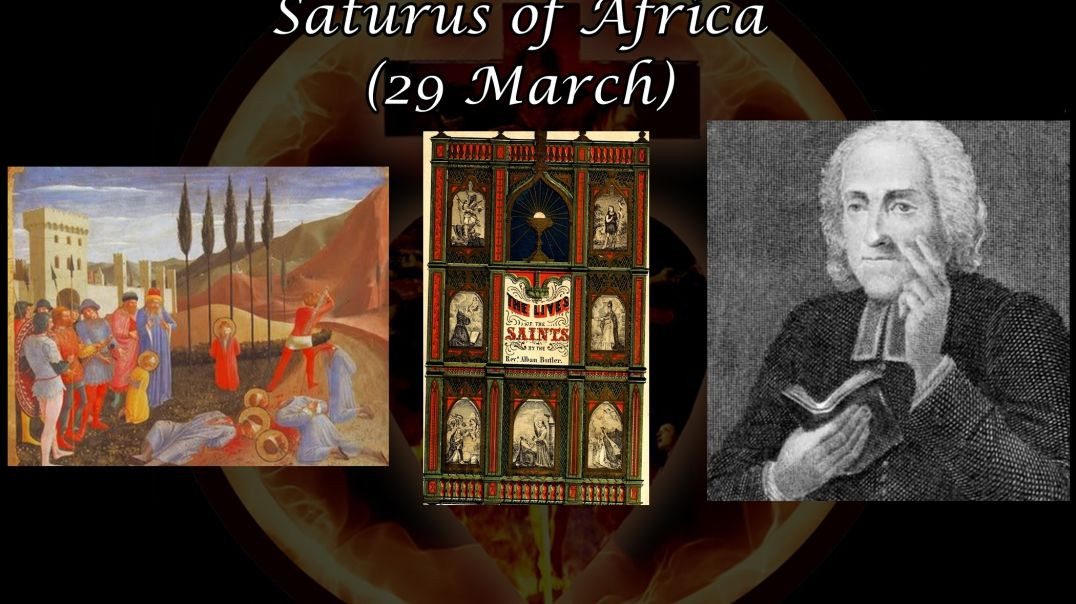
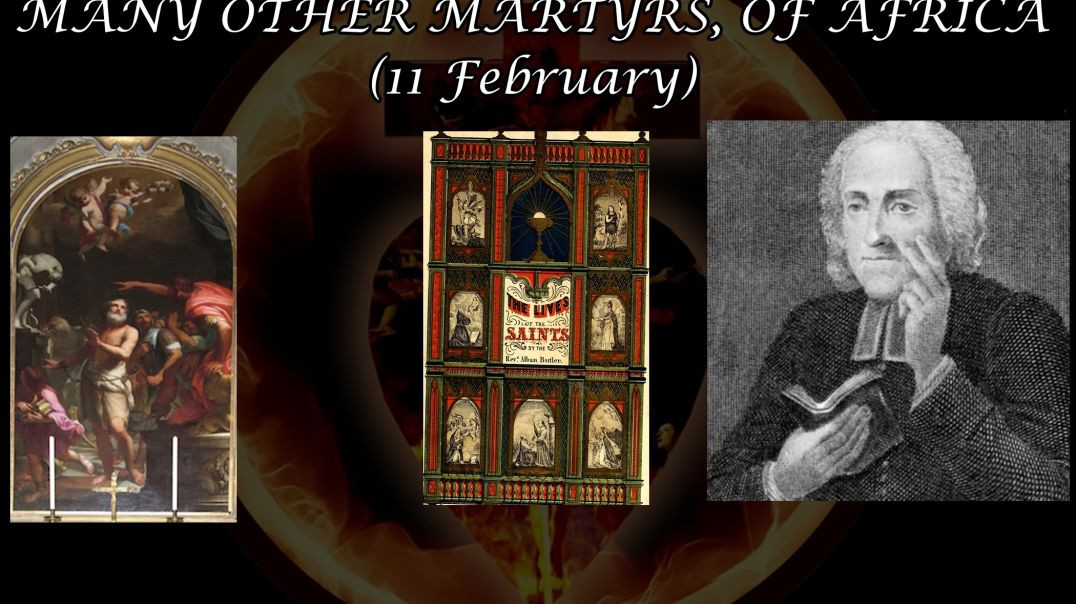



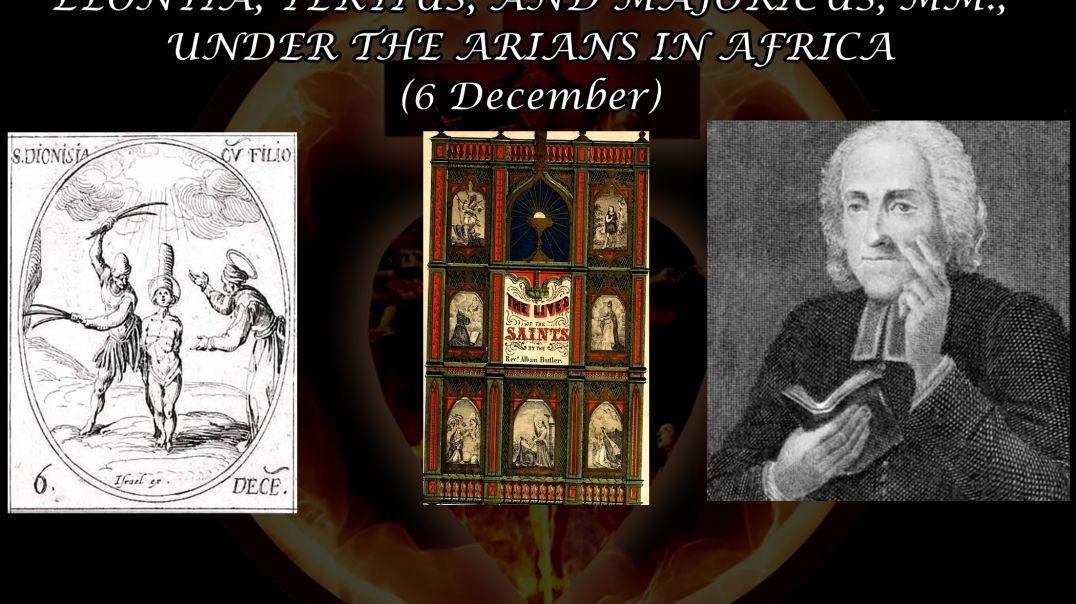





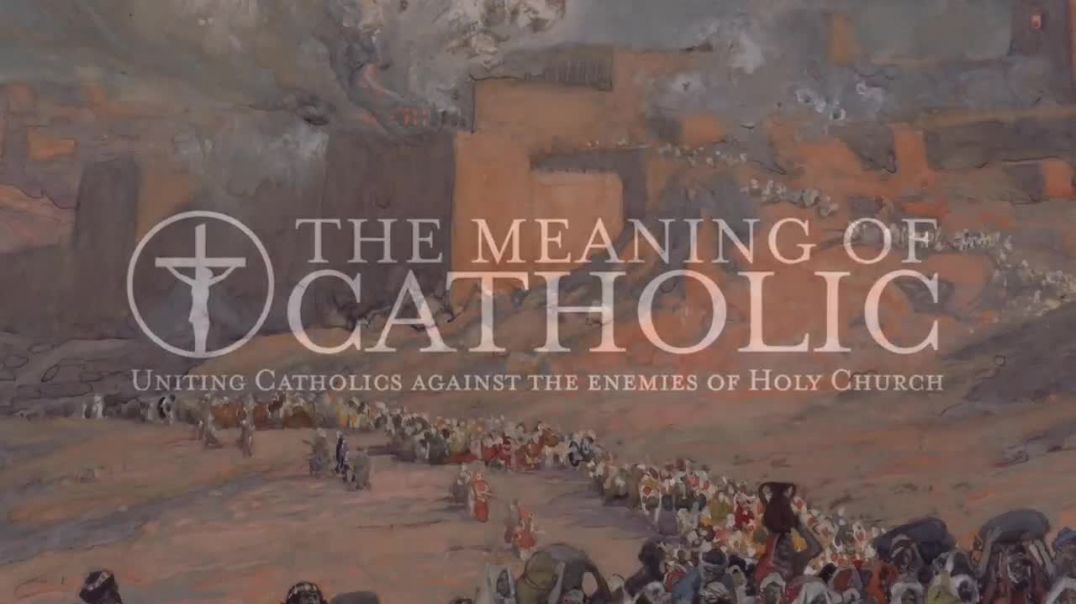
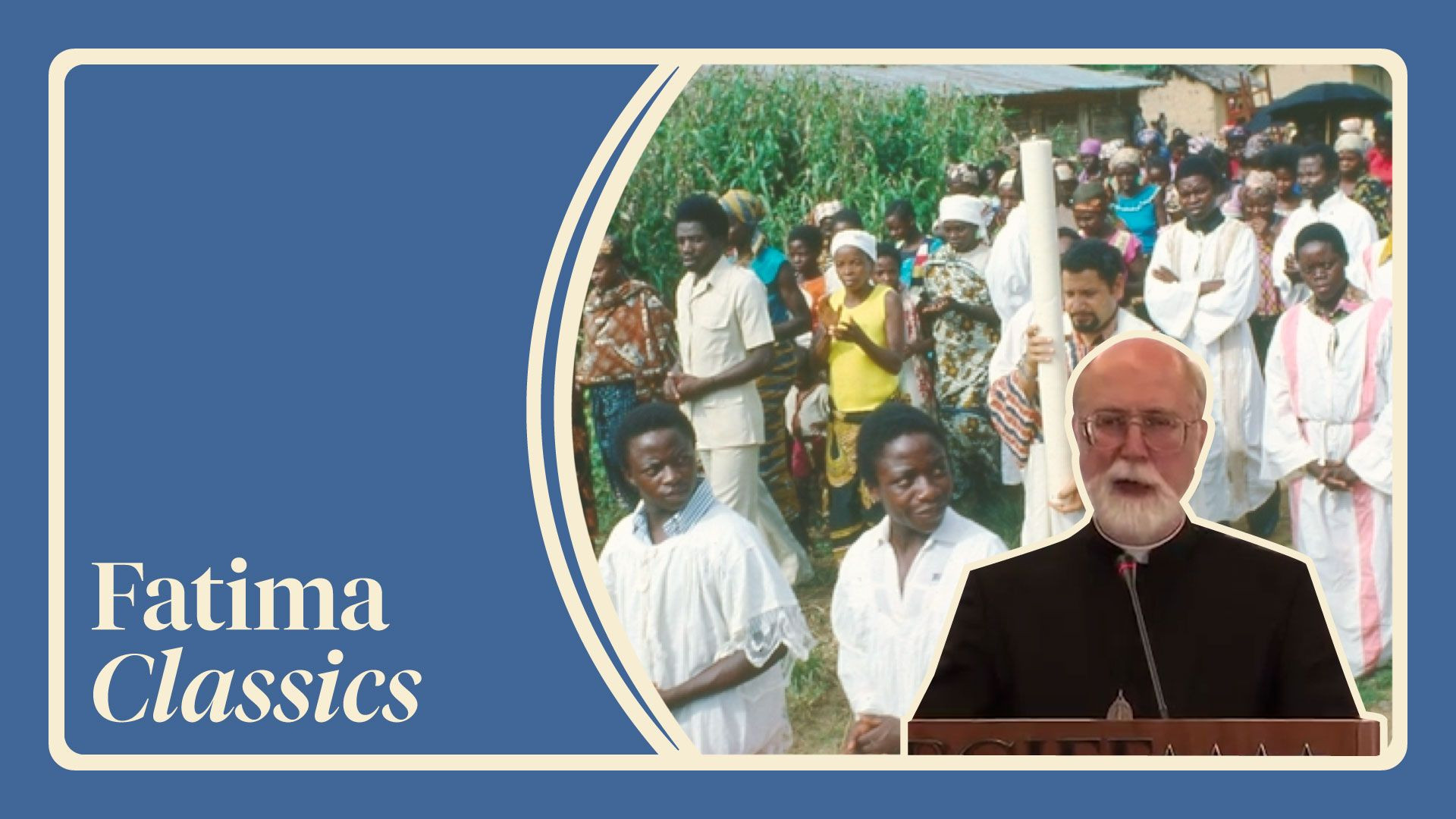


1:03:00 I think the objection to radio carbon dating rests for solidly on the supposition that the decay rate of the carbon isotope in question (I think C14) is constant. I don’t remember needing to utilize any constant related to sediment deposits when I did the experiment in my physics lab in undergrad. It is, however, very possible that the decay rate of the isotope is not constant over millennia and that would disprove the method, after all we’ve only been observing carbon-14 decay into its more stable form for less than a century and we are extrapolating that across millennia. That’s the true issue, not sure where this guys came up with this idea of scaling by some sediment deposition constant, I’ve never heard of that but if anyone has a source please provide.